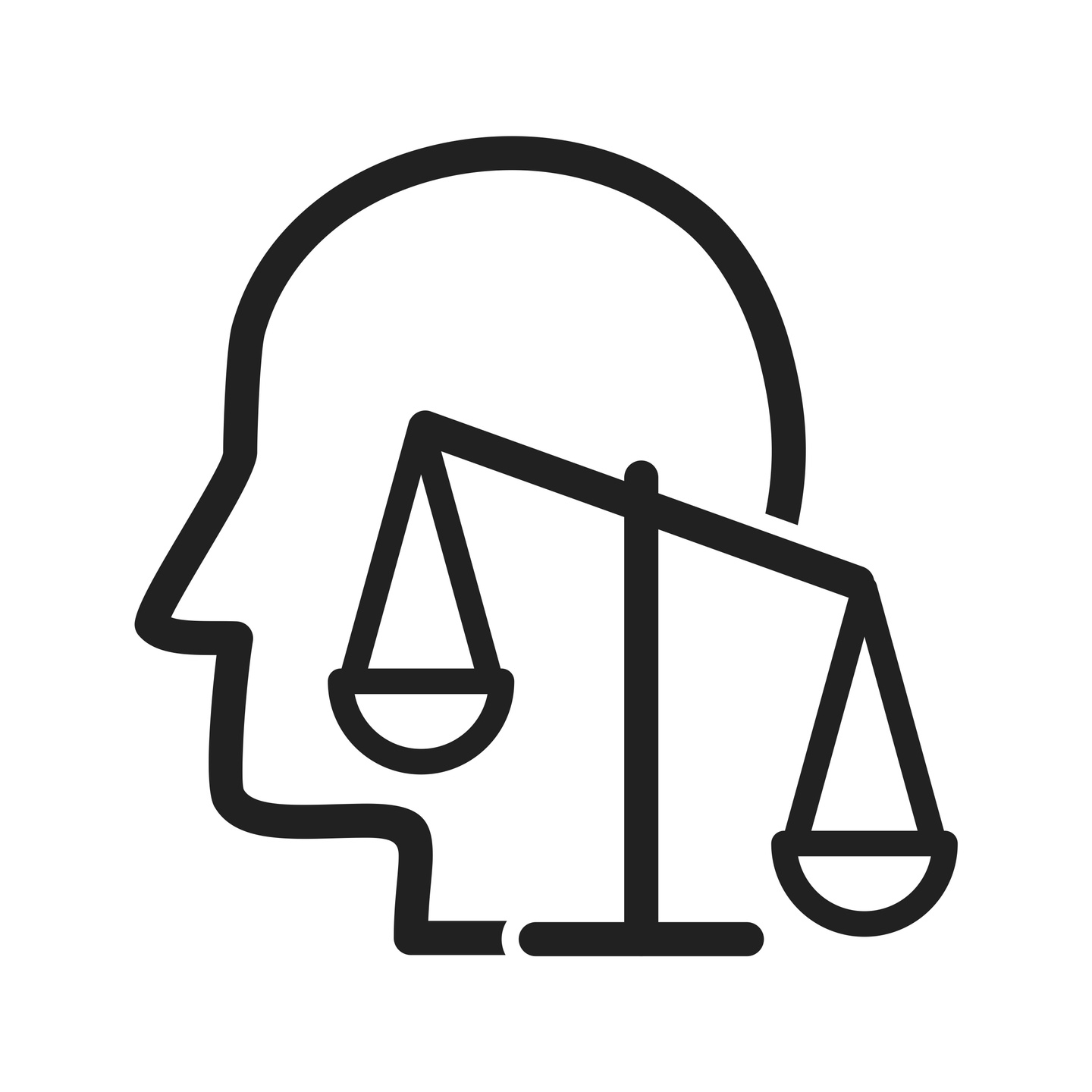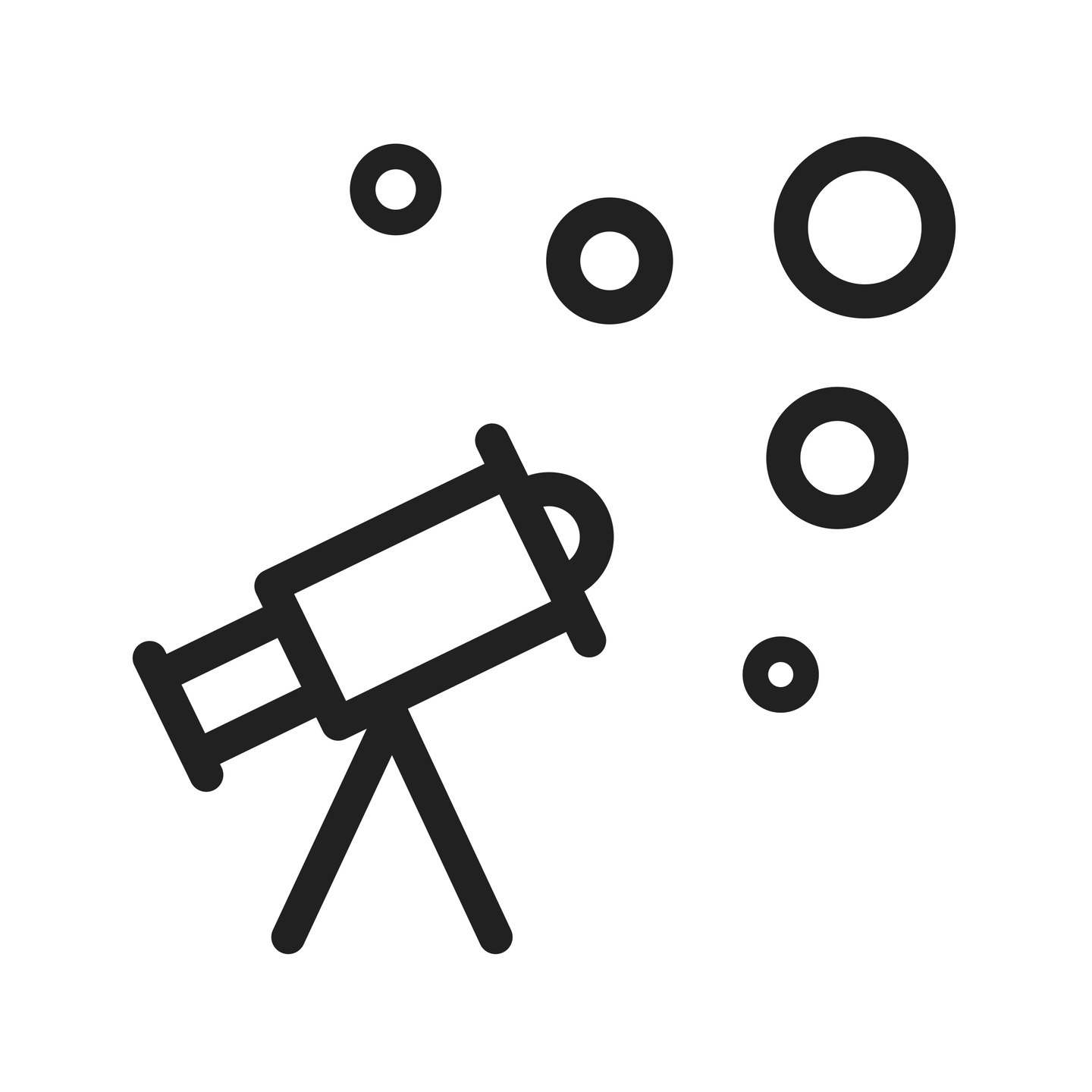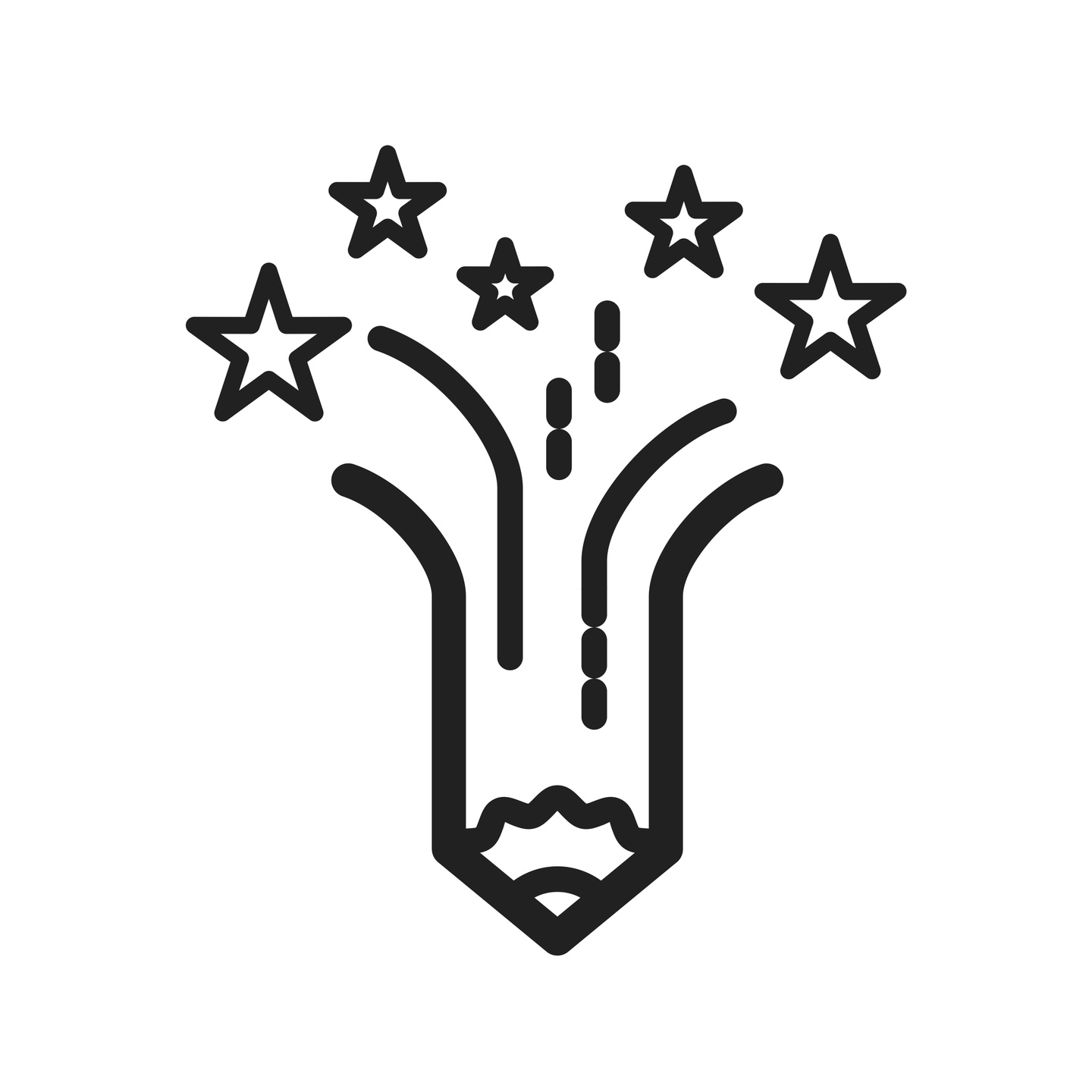
My Leadership Philosophy

To know someone's leadership philosophy is to understand who they are at their core. It's a glimpse into their soul and a means of evaluating whether their values and approach align with yours.

Maintain Clarity and Purpose

Live & Lead According to My Values

Maintain a Growth Mindset

Stay Mindful of the System

Ask Meaningful Questions

Lead with Humble Curiosity

Let My Positivity Shine

Start With Strengths

Embrace Creativity

Teach What I Learn

Remember the Ripple

Fuel Success with Science

Have Fun

What's Your Leadership Philosophy?
References:
1 - Christians, C. G. (2013). Ethical foundations and perspectives. Media ethics: Pearson new international edition: Cases and moral reasoning (pp. 1-22). New York, NY: Pearson Higher Ed., p. 2
2 - Dweck, C. S. (2006). Mindset: The new psychology of success. New York, NY: Ballantine Books a division of Random House Inc., pp. 11-12.
3 - Boyatzis, R. & Akrivou, K. (2006). The ideal self as the driver of intentional change. Journal of Management Development, 25(7), pp. 624-642.
4 - Anderson, V. & Johnson, L. (1997). Systems thinking basics: From concepts to causal loops. Acton, MA: Leverage Networks, Inc., p. 19.
5 - Boyatzis, R. (2006). An overview of intentional change from a complexity perspective. Journal of Management Development, 25(7), pp. 607-623.
6 - Palmer, P. J. (2017). The courage to teach: Exploring the inner landscape of a teacher's life (20th anniv. ed.). San Francisco, CA: Jossey-Bass., p. 106.
7 - Freire, P. (2018). Pedagogy of the oppressed (50th anniv. ed.). New York, NY: Bloomsbury., p. 90.
8 - Stavros, J. M., Torres, C., & Cooperrider, D. L. (2018). Conversations Worth Having: Using Appreciative Inquiry to Fuel Productive and Meaningful Engagement. Oakland, CA: Berrett-Koehler, Incorporated., p. 37.
9 - Niemiec, R. M. (2018). Character strengths interventions: A field guide for practitioners. Boston, MA: Hogrefe., p. 17.
10 - Peterson, C., & Seligman, M. (2004). Character strengths and virtues: A handbook and classification. Washington, DC: New York: American Psychological Association; Oxford University Press., p. 4.
11 - Senge, P. M. (2006). The fifth discipline: The art & practice of the learning organization. New York, NY: Currency., p. 333.
12 - Kouzes, J. M., and Posner, B. Z. (2017). The leadership challenge: How to make extraordinary things happen in organizations (6th ed.). Hoboken, NJ: John Wiley & Sons, Inc., pp. 282-283.


